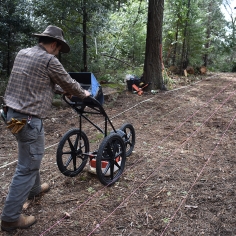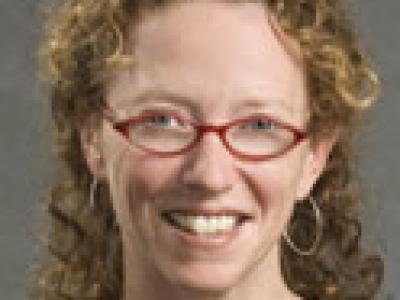Findings offer new clues into the addicted brain
What drives addicts to choose drugs, alcohol, cigarettes, gambling, overeating or kleptomania — despite the risks? Campus neuroscientists have pinpointed the locations in the brain where calculations are made that can result in addictive and compulsive behavior. Their astonishing findings could lead to improved treatments for many addictions and disorders.










